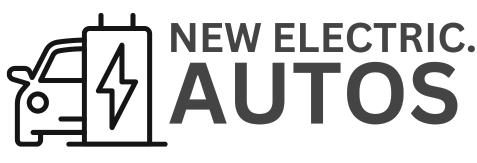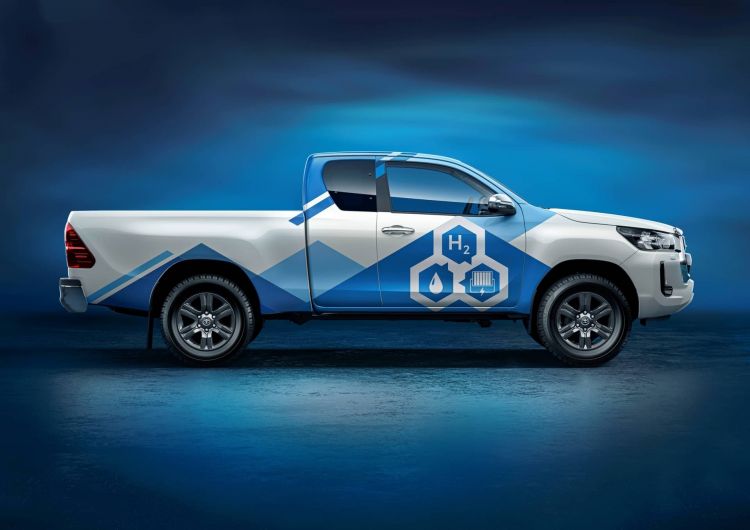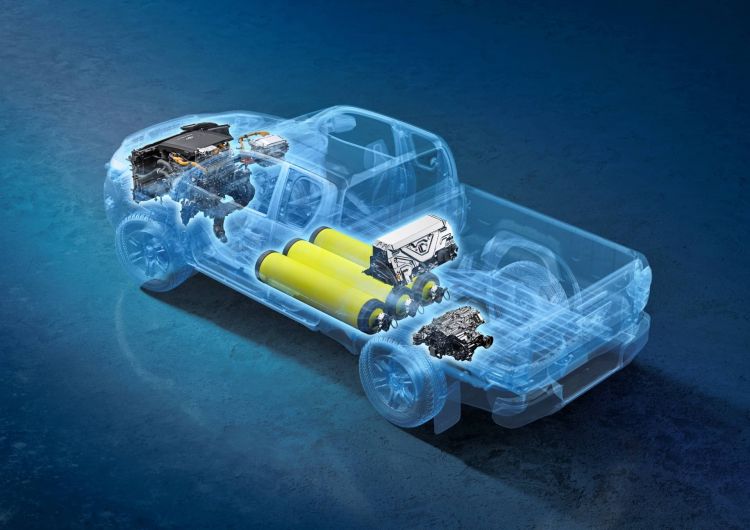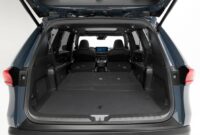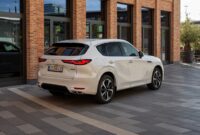Toyota’s commitment to hydrogen opens a new path with the Toyota Hilux FCEV prototype which has been presented today. The Japanese firm is devoted to the search for new possibilities and ideas for its fuel cell technology, finding today a new application designed by and for professional vehicles. Making use of the technology used in the Mirai, This Toyota Hilux FCEV hides what could be the future of pick-ups in Europe.
Behind this project is the subsidiary Toyota Motor Manufacturing UK (TMMUK), which has joined the development program for new mobility solutions promoted by the Advanced Propulsion Center (APC) of Great Britain, to explore new ways on the use of hydrogen in transportation. And far from thinking about its application in light cars such as the Mirai, or heavy transport, Toyota has decided to focus on medium or light work vehicles.
Making electric pick-ups with huge and heavy batteries has proven not to be the best way to electrify this type of car.
The pick-up market is clearly a segment that represents a great challenge for electrification. Both because of the design of this type of car, as well as its use profile and the cargo transport needs that it demands, pick-ups are a difficult body format to fit into electrification plans. Although there are already several pick-ups that have switched to the battery-powered electric vehicle format, all of them are revealing problems of autonomy and load/trailer capacity.
And that is why Toyota wants to explore an alternative path through the hydrogen fuel cell starting with the second generation of its FCEV technology, the technology employed by the current Toyota Mirai. For the moment Toyota has not released any details about this adapted Hilux, but first of all we can see that this transformation has been carried out respecting the cargo space of this pick-up, housing the fuel cell under the front hood, three hydrogen tanks at 700 bars under the passenger compartmentthe electric motor on the rear axle and the battery behind the rear seats.
If Toyota manages to offer a truly capable real autonomy so that the Hilux does not see its use compromised, while allowing it to maintain its possibilities as a cargo vehicle, the use of hydrogen fuel cells in this type of car could score an important victory against batteries.
